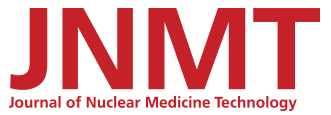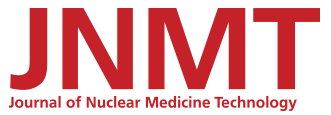Abstract
This study was undertaken to investigate the effects of temperature on preserving the radiochemical purity and immunoreactivity of 125I- and 131I-labeled monoclonal antibody (MAb) 1H10--an antibody against human cervical carcinoma cell-surface antigen.
An antibody-irrelevant human melanoma cell line, H2269, served as the control group. Iodine-125 and 131I radiolabeling of MAbs 1H10 and H2669 was performed by the chloramine-T method. All the prepared MAbs were divided into aliquots and stored at 4, -20, and -70 degrees C for 2-14 d. The radiochemical purity and immunoreactivity of the labeled antibodies in set conditions were measured by thin-layer chromatography and a modified index, respectively, after a single freeze-and-thaw cycle.
Reduced release of free radioiodide and better preservation of immunoreactivity were observed in the radiolabeled MAbs stored at -70 degrees C than in those stored at -20 degrees C or 4 degrees C. The extent of free iodide dissociation and immunologic binding degradation of 125I-labeled MAb 1H10 appeared milder than that of 131I-labeled MAb under the same conditions. However, both 125I- and 131I-labeled MAb stored at -70 degrees C or -20 degrees C retained more than 90% radiochemical purity for at least 3d.
Freezing provides an appropriate alternative for reducing radiolysis and preserving immunoreactivity of radioiodinated MAbs. MAb 1H10, labeled with either 125I or 131I and stored at temperatures of -20 degrees C or below for 3 d after labeling, appeared stable in both radiolabeling and binding studies in vitro and was still acceptable for in vivo use.






